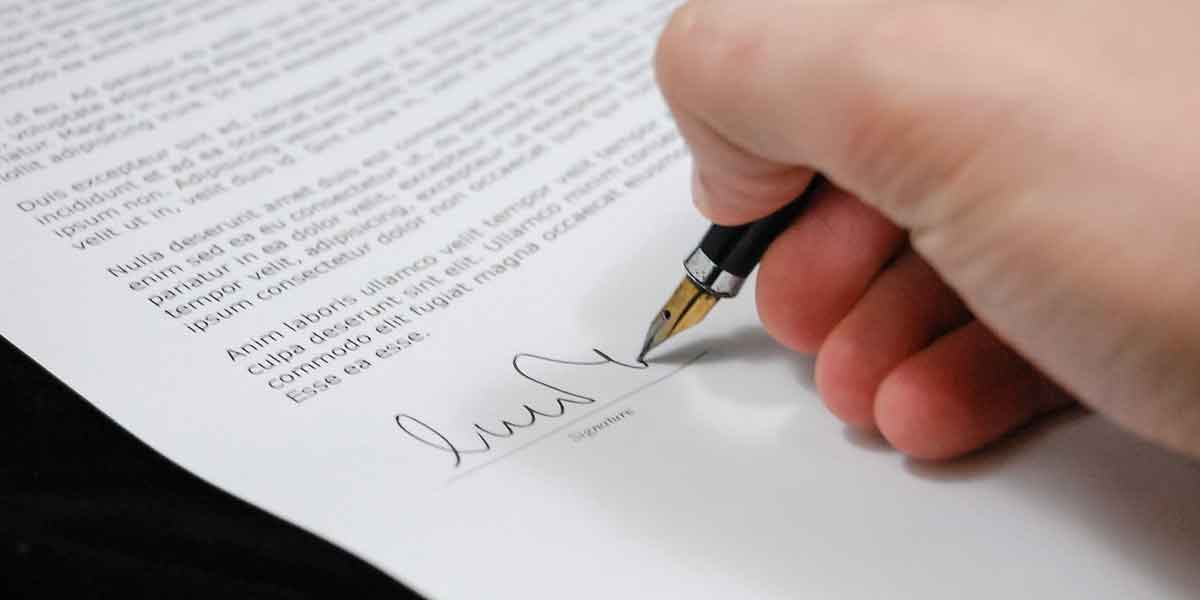Probate encompasses the legal procedures involved in settling the debts and distributing the assets of a deceased individual according to their will. This essential process confirms the validity of the decedent’s last testament and ensures the smooth administration of their estate posthumously. While some may find the probate process daunting and seek to avoid it, seeking the assistance of a qualified attorney can greatly simplify this complex procedure.
By engaging the services of a knowledgeable attorney, individuals can delegate the bulk of responsibilities associated with probate to the legal expert. These duties typically include gathering and assessing the decedent’s assets, preparing crucial court reports, and compiling an inventory of the estate’s properties. Additionally, legal counsel can offer valuable insights into the administrator’s obligations and assist in crafting a comprehensive asset distribution plan.
Before delving into the attorney’s role in probate, it is essential to understand the intricacies of the process itself. Familiarizing oneself with the four fundamental steps of probate can facilitate a smoother navigation through this legal journey.
The Four Key Stages of Probate:
Prior to an individual’s demise, they typically finalize their estate planning, which significantly influences the probate process. Understanding whether the decedent had a pre-existing estate plan is crucial in simplifying this procedure. Let’s explore the four primary steps of probate.
I. Notifying Beneficiaries, Heirs, and Petition Filing:
- Officially recognizing the will and appointing an executor
- If no will exists, designating an administrator for the estate
Following the filing of a petition to the probate court, beneficiaries and heirs of the deceased are duly notified. Should any party raise objections during the court hearing, they have the opportunity to address these concerns. Publicizing the hearing in local newspapers serves to inform potential unknown creditors of the decedent’s passing.
II. Creditor Notification by Personal Representative:
In compliance with state laws, the personal representative issues written notices to identified creditors. Creditors seeking to claim a portion of the estate’s assets must do so within a specified timeframe. An inventory of the decedent’s assets, such as real estate, stocks, business holdings, and other probate assets, is meticulously prepared.
III. Settlement of Debts, Funeral Costs, and Taxes:
The personal representative assumes the responsibility of identifying legitimate creditors and settling their claims using assets from the estate. In certain cases, assets may be liquidated to meet the decedent’s financial obligations.
IV. Intestate Transfer of Property:
In instances where no will exists, the legal transfer of property is dictated by the laws of intestacy. The personal representative petitions the court to transfer remaining assets according to the decedent’s final wishes. If the will establishes a trust benefiting a minor, the trustee assumes control. Following court approval, assets are disbursed through deeds, property liquidation, and stock transfers to the designated recipients.
Benefits of Engaging a Probate Attorney:
Probate attorneys play a pivotal role in simplifying the probate process. They offer invaluable guidance on estate planning to prevent future administration complications and provide expert assistance following an individual’s passing. These legal professionals also advise on fiduciary duties, asset inventories, debt evaluation, and distribution strategies, ensuring a seamless probate experience for all parties involved.
By enlisting the services of a proficient attorney, individuals can navigate through probate with confidence and efficiency. Experienced attorneys possess comprehensive knowledge of the probate process, enabling them to provide tailored solutions and expert advice throughout this legal undertaking.




